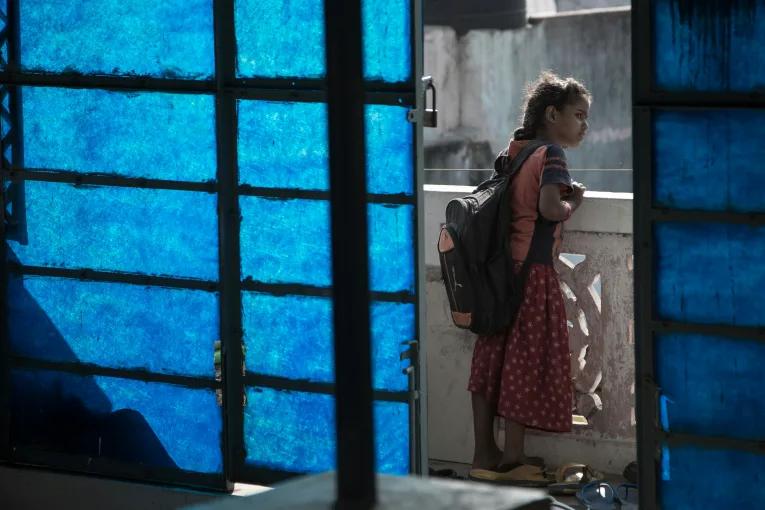Nowadays, when I sit down to eat, I find myself shifting grains of the western world on my plate with the edges of my spoon, and contemplating over the many transitions in my relationship with food. When I lived in India, my association with food was built on the framework of absolute nonchalance. The world of spicy dal and flavored roti that existed within my plate was one of absolute entitlement, the culinary components of which, according to me, would never change.
But, when I came to the U.S. to pursue my B.A. in English and Journalism, I was in for a rude shock.
Now, food wasn’t something that was a flavorful fiber of my everyday existence. My traditional roti and dal preferences were replaced with cucumbers, beetroots, dolma, salads and pizza, and the heaviness of these unusual meals added to the hefty layer of homesickness that enveloped my existence. For the most part, I did not feel like eating, and life felt like a futile combat within a costume of cold stone, especially when takeout Indian meals seemed to be feeble resemblances of the real thing.
The closest resemblance to that I found was in an Indian Eatery Restaurant located on Euclid Avenue, close to my former residence in the Foothill Student Halls. Surprisingly, this was not in the food so much, but in the Indian chai that was a joyful addition to their menu. As I watched the restaurant workers go about the process of making this tea, I was heartwarmed to observe how the technique, that involved ground cardamom powder, was also traditionally Indian. “Can I get some cardamom powder to eat?” I remember asking, as the owner nodded and gave me an entire spoonful to enjoy.
As I stood at the corner of Euclid Avenue, holding my chai and cardamom powder, India, in all her flavorful joy, emerged next to me. With every sip, I felt closer to the home that I had left behind. At that moment, I had assumed the role of a skilled architect. The only difference was that instead of constructing skyscrapers with maps, I was re-building emotions based on my twenty-year-old-blueprint of memories.
Since then, I began to recognize the role of food in facilitating my community-building experiences at Cal. For instance, I’ve recently started eating lunch at Monsoon Kitchen, an Indian eatery located in the basement of the ASUC Student Union Building. So many times, while standing in the queue, I come across an Indian student who’s craving home cooked rice and dal, and both of us agree that the starchy softness of the grain that has been an indelible part of our lives is, at this point, irreplaceable. I also observe how students from other cultures and ethnicities are eager to try Indian food, and hearing them call it really good feels like a personal accomplishment even though I have nothing to do with it.
At the beginning of this semester, my friend, who’s about to graduate by the end of this year, gave me two boxes of homemade poha. An Indian dish with puffed rice and fresh vegetables, poha incidentally constituted my breakfast staple back at home, and as I opened the plastic lid of her tupperware, India, in all her vegetative glory, emerged from within. This was the second time I had witnessed the culinary resurrection of my homeland, and as I navigated through the dish bite-by-bite, I developed a deep-set appreciation for the grains that had been mere meals on my plate a year ago.
The food that we consume is so much more than a mere nutrition-provider. This is why I want to emphasize how important it is to reinterpret the food that we consume as something that is so much more than a mere nutrition-provider. Like the pen and keyboard that is so essential to my career as an English Major at Cal, food is also a medium of creation. While the pen and keyboard collaborate to help me construct the stories and poems that I hold close, food helps me create home— however and whenever I want it.
